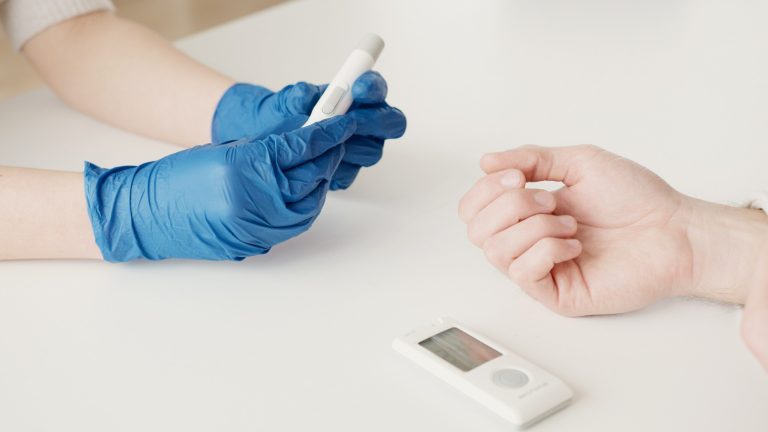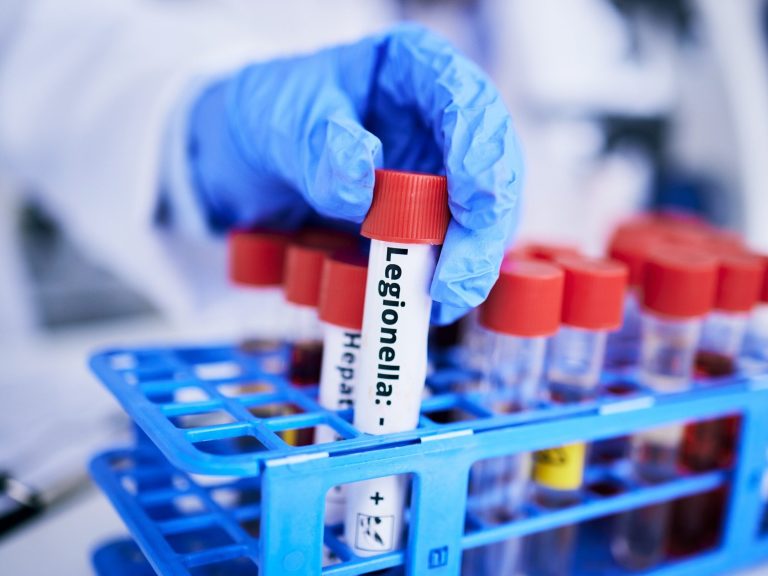This factor increases the risk of long covid. Latest research

Scientists have discovered another factor that may contribute to the development of long Covid, the so-called long covid. This time it is about the concentration of a certain ingredient in the blood.
The SARS-CoV-2 coronavirus still remains a threat. The infection often causes many different complications. Even after recovery from COVID-19, you may still feel the negative effects of the infection for a long time. This phenomenon is called long covid. Scientists from the University of Cambridge linked it to low iron levels in the blood. See what exactly they found.
Long covid and iron concentration in blood
Scientists from the University of Cambridge recruited 214 people who had COVID-19 for the study. This group included both asymptomatic patients and those who were admitted to the intensive care unit due to coronavirus infection. The researchers collected blood samples from volunteers (regularly over a 12-month period). A significant number of respondents (45 percent) developed so-called long covid. They experienced symptoms of the infection long after they had recovered from the infection. The most frequently reported symptoms are: headaches, cognitive difficulties, fatigue, and sleep disorders.
Scientists analyzed blood samples taken from people with long Covid. The study provided important information on the occurrence of so-called long Covid. This led experts to the cause of this phenomenon. One of them may be low iron concentration in the blood, which promotes anemia and interferes with the production of red blood cells:
When the body fights an infection, it removes iron from the bloodstream. It is a natural immune response and, at the same time, protection against potentially deadly bacteria that capture iron from the bloodstream and multiply rapidly (…). However, if this condition persists for a long time, red blood cells begin to lack iron. Oxygen transport becomes less efficient, which affects metabolism and energy production, as well as the functioning of white blood cells. The protective mechanism disrupts the body's functioning, explains Professor Hal Drakesmith, one of the authors of the study.
Interestingly, dysregulation of iron levels in the blood was observed in all volunteers with long Covid, regardless of their age, gender or the initial course of COVID-19 disease, or more precisely, the severity of symptoms. The discoveries of scientists from the University of Cambridge allow us to better understand the causes of not only “long Covid”, but also other post-viral syndromes manifested by a decrease in energy and fatigue even after relatively minor physical exercise.
Can long covid be prevented?
Scientists say their study indicates potential ways to prevent the development of long Covid. The risk of its occurrence can be reduced by regulating the level of iron in the blood when the patient is still in the early stages of the disease. Another method is iron supplementation “in advance”, although it has some limitations. “It is not necessarily that a given patient does not have enough iron in the body. It's just trapped in the wrong place. We need to find a way to get them back into the bloodstream,” noted Dr. Aimee Hanson from the University of Cambridge.






